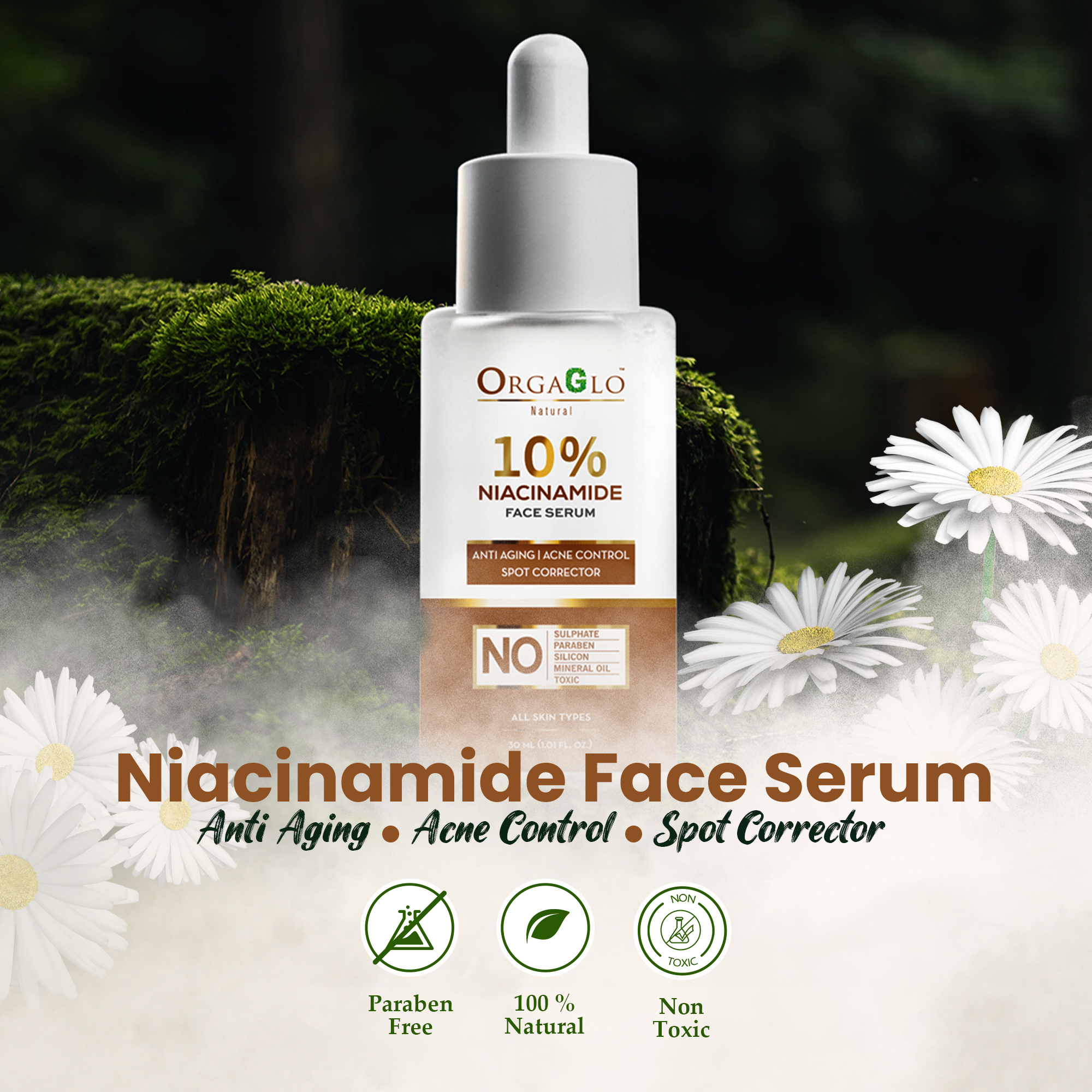Dark patches on the skin: Causes and Treatment Options
-

- By Admin
- Mar 09, 2023
- like(s)
Dark patches on the skin: Causes and Treatment Options
Dark patches on the skin, also known as hyperpigmentation, is a common skin condition that affects people of all ages and skin types. It occurs when the skin produces excess melanin, the pigment that gives our skin its color. While hyperpigmentation is usually harmless, it can be a cosmetic concern for some people. In this article, we'll explore the causes of dark patches on the skin and the treatment options available.
Table of Contents
- What is Hyperpigmentation?
- Causes of Dark Patches on the Skin
- Types of Hyperpigmentation
- Risk Factors for Hyperpigmentation
- Prevention of Hyperpigmentation
- Diagnosis of Hyperpigmentation
- Medical Treatments for Hyperpigmentation
- Over-the-Counter Treatments for Hyperpigmentation
- Natural Treatments for Hyperpigmentation
- Chemical Peels
- Microdermabrasion
- Laser Treatments
- Cryotherapy
- Lifestyle Changes for Hyperpigmentation
- Conclusion
- FAQs
What is Hyperpigmentation?
Hyperpigmentation is a condition where certain areas of the skin become darker than the surrounding skin. This is due to the excess production of melanin, the pigment responsible for giving our skin its color. Hyperpigmentation is a common condition and can affect people of all skin types and ages. While it is generally harmless, it can be a cosmetic concern for some people.
Causes of Dark Patches on the Skin
Hyperpigmentation can be caused by a variety of factors, including:
Sun Exposure
Sun exposure is one of the primary causes of hyperpigmentation. When the skin is exposed to the sun's harmful UV rays, it triggers the production of melanin to protect the skin. This can lead to dark patches on the skin, especially on areas that are frequently exposed to the sun, such as the face, hands, and arms.
Hormonal Changes
Hormonal changes can also cause hyperpigmentation. This is because hormones can affect the production of melanin in the skin. Women are particularly prone to hyperpigmentation during pregnancy, as the increase in hormones can cause the skin to produce more melanin.
Inflammatory Skin Conditions
Inflammatory skin conditions, such as acne and eczema, can also cause hyperpigmentation. This is because inflammation can stimulate the production of melanin in the skin.
Age
As we age, our skin produces less melanin, which can lead to dark patches on the skin. This is because the cells responsible for producing melanin become less active as we get older.
Genetics
Genetics can also play a role in hyperpigmentation. People with darker skin tones are more prone to hyperpigmentation, as they naturally produce more melanin than people with lighter skin.
Types of Hyperpigmentation
There are several different types of hyperpigmentation, including:
Melasma
Melasma is a type of hyperpigmentation that is caused by hormonal changes. It typically appears as dark patches on the face, and is more common in women than men.
Post-Inflammatory Hyperpigmentation (PIH)
PIH is a type of hyperpigmentation that occurs after an injury or inflammation to the skin. This can include acne, eczema, or even a cut or scrape.
Sunspots
Sunspots, also known as age spots or liver spots, are a type of hyperpigmentation that is caused by sun exposure. They typically appear on areas of the skin that are frequently exposed to the sun, such as the face, hands, and arms.
Risk Factors for Hyperpigmentation
Some people are more prone to hyperpigmentation than others. Risk factors for hyperpigmentation include:
- Sun exposure
- Hormonal changes (such as during pregnancy)
- Inflammatory skin conditions (such as acne or eczema)
- Genetics
- Certain medications (such as some antibiotics and anticonvulsants)
Prevention of Hyperpigmentation
There are several steps you can take to prevent hyperpigmentation:
- Protect your skin from the sun: Use a broad-spectrum sunscreen with an SPF of at least 30 and wear protective clothing, such as hats and long-sleeved shirts, when you're outside.
- Be gentle with your skin: Avoid picking at acne or other blemishes, as this can lead to inflammation and hyperpigmentation.
- Use gentle skincare products: Harsh chemicals and scrubs can irritate the skin and cause hyperpigmentation.
- Treat inflammatory skin conditions promptly: If you have acne or eczema, seek treatment from a dermatologist to prevent hyperpigmentation.
Diagnosis of Hyperpigmentation
If you're concerned about dark patches on your skin, see a dermatologist for a diagnosis. They may use a special light called a Wood's lamp to examine your skin or perform a skin biopsy to rule out other conditions.
Medical Treatments for Hyperpigmentation
If over-the-counter treatments aren't effective, your dermatologist may recommend medical treatments for hyperpigmentation. These include:
Prescription Creams
Prescription creams containing hydroquinone, tretinoin, or corticosteroids may be used to lighten dark patches on the skin. These creams should only be used under the supervision of a dermatologist, as they can have side effects.
Chemical Peels
Chemical peels involve applying a chemical solution to the skin to remove the top layer of skin and lighten dark patches. This can be done with various strengths of peels, and may cause some discomfort and temporary redness and peeling.
Microdermabrasion
Microdermabrasion involves using a special device to exfoliate the top layer of skin and reduce the appearance of dark patches. It can be done in a dermatologist's office or with at-home devices, but should be used with caution to avoid causing further damage to the skin.
Laser Treatments
Laser treatments involve using a focused beam of light to target the pigment in the skin and break it up. This can be an effective treatment for hyperpigmentation, but may require several sessions and can be expensive.
Cryotherapy
Cryotherapy involves freezing the skin with liquid nitrogen to destroy the excess pigment. This can be an effective treatment, but may cause temporary redness and blistering.
Over-the-Counter Treatments for Hyperpigmentation
If you have mild hyperpigmentation, you may be able to improve the appearance of dark patches with over-the-counter treatments. These include:
Topical Retinoids
Topical retinoids, such as retinol or adapalene, can help to lighten dark patches on the skin by increasing cell turnover. They can be found in many skincare products, but may cause dryness and irritation.
Vitamin C
Vitamin C is a powerful antioxidant that can help to brighten the skin and reduce the appearance of dark patches. It can be found in many skincare products, but may cause irritation in some people.
Alpha Hydroxy Acids (AHAs)
AHAs, such as glycolic acid and lactic acid, can help to exfoliate the skin and reduce the appearance of dark patches. They can be found in many skincare products, but should be used with caution to avoid causing further damage to the skin.
Natural Treatments for Hyperpigmentation
If you prefer to use natural treatments, there are several options that may help to lighten dark patches on the skin. These include:
Aloe Vera
Aloe Vera contains compounds that can help to reduce inflammation and lighten dark patches on the skin. Apply aloe Vera gel to the affected area and leave it on for 15-20 minutes before rinsing off with water.
Licorice Root
Licorice root contains a compound called glabridin, which can help to lighten dark patches on the skin. Apply a licorice root extract to the affected area and leave it on for 15-20 minutes before rinsing off with water.
Green Tea Extract
Green tea extract contains antioxidants that can help to reduce inflammation and lighten dark patches on the skin. Apply a green tea extract to the affected area and leave it on for 15-20 minutes before rinsing off with water.
Lemon Juice
Lemon juice contains citric acid, which can help to exfoliate the skin and lighten dark patches. Apply lemon juice to the affected area and leave it on for 10-15 minutes before rinsing off with water. Note that lemon juice can be irritating to the skin, so it should be used with caution.
Conclusion
Hyperpigmentation can be a frustrating condition, but there are many treatment options available. If over-the-counter treatments aren't effective, it's important to seek treatment from a dermatologist. By taking steps to prevent hyperpigmentation and using appropriate treatments, you can improve the appearance of dark patches on your skin and feel more confident in your appearance.
FAQs
1) Is hyperpigmentation harmful to my health?
Hyperpigmentation is generally not harmful to your health, but it can be a cosmetic concern.
2) Can hyperpigmentation be permanent?
Hyperpigmentation can be permanent, but there are many treatments available to lighten dark patches on the skin.
3) Are there any natural treatments for hyperpigmentation?
Yes, natural treatments such as aloe Vera, licorice root, green tea extract, and lemon juice may help to lighten dark patches on the skin.
4) What should I do if over-the-counter treatments aren't effective?
If over-the-counter treatments aren't effective, you should see a dermatologist for further treatment options.
Can hyperpigmentation be prevented?
Yes, taking steps to protect your skin from the sun, being gentle with your skin, and treating inflammatory skin conditions promptly can help to prevent hyperpigme






